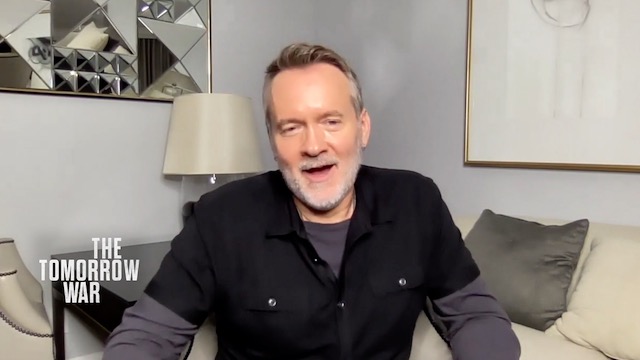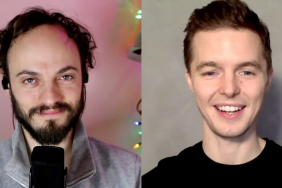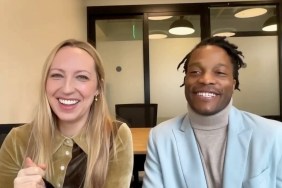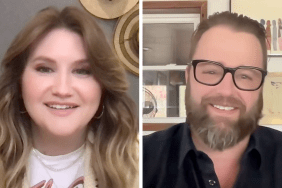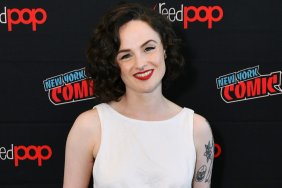Directed by Chris McKay, The Tomorrow War is a sci-fi action flick that releases on Amazon Prime Video today. The film features a star-studded cast featuring Chris Pratt, Yvonne Strahovski, J.K. Simmons, Edwin Hodge, Sam Richardson, Jasmine Matthews, and Keith Powers.
“The world is stunned when a group of time travelers arrive from the year 2051 to deliver an urgent message: Thirty years in the future mankind is…
